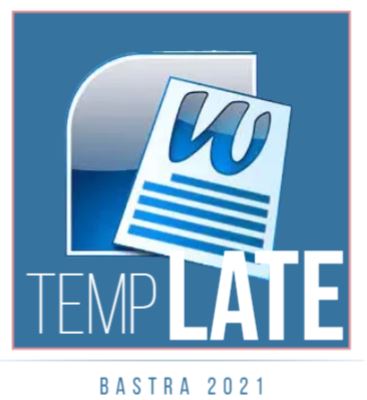KONFLIK SOSIAL DALAM NOVEL ORANG-ORANG PROYEK KARYA AHMAD TOHARI
Keywords:
Social conflict, social class, political conflictAbstract
The research method uses descriptive qualitative, sociological approach. The source of the novel People Project by Ahmad Tohari. Watch, tap and record data collection. Analysis of information presentation data. The results of social class conflicts in the novel Orang-Orang Project by Ahmad Tohari. there is a stark difference between bourgeois society and proletarian society. The difference lies in the socioeconomic level. Because the novels of project people were written by Ahmad Tohari during the New Order era, which still used the capitalist system, so that the bourgeois society became the ruler, because they had a lot of capital or wealth, while the proletarian society was often deceived by the bourgeois society because it was poor. Socio-political conflicts in the novel People Project by Ahmad Tohari. involving community leaders, political parties, and officials.
Downloads
Published
How to Cite
Issue
Section
License
Authors who publish with PENTAS agree to the following terms:
Authors retain copyright and grant the Engagement right of first publication with the work simultaneously licensed under a Creative Commons Attribution License (CC BY-SA 4.0) that allows others to share (copy and redistribute the material in any medium or format) and adapt (remix, transform, and build upon the material) the work for any purpose, even commercially with an acknowledgement of the work's authorship and initial publication in BASTRA.
Authors are able to enter into separate, additional contractual arrangements for the non-exclusive distribution of the journal's published version of the work (e.g., post it to an institutional repository or publish it in a book), with an acknowledgement of its initial publication in BASTRA.
Authors are permitted and encouraged to post their work online (e.g., in institutional repositories or on their website) prior to and during the submission process, as it can lead to productive exchanges, as well as earlier and greater citation of published work (See The Effect of Open Access).

This work is licensed under a Creative Commons Attribution-ShareAlike 4.0 International License.








